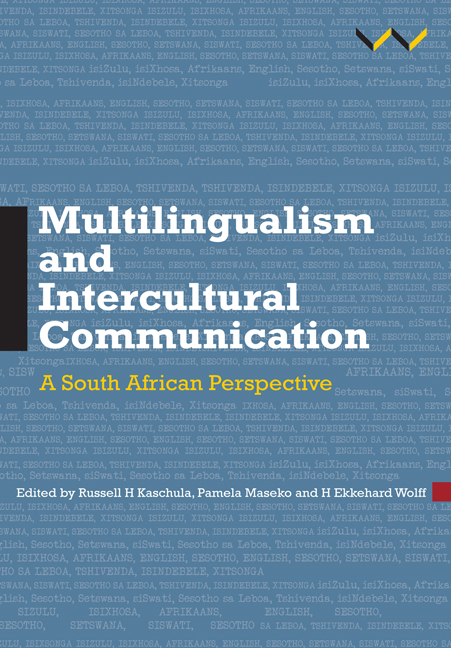Book contents
- Frontmatter
- Contents
- Tables and figures
- Preface
- Abbreviations and acronyms
- Central terms and concepts
- Introduction
- Prologue: The essentialist paradox in intellectual discourse on African languages
- Part One African language empowerment: concept formation and intellectualisation
- Part Two Language planning, terminology development and dictionaries
- Part Three Language in education
- Part Four Language in the professions: law, media, science and language technology
- 11 Language and law: ‘cultural translation’ of narratives into sworn statements
- 12 Language and media: isiXhosa in Journalism and Media Studies at a South African university
- 13 Using African languages to teach Science in higher education
- 14 The development of language technologies in the South African context
- Part Five Language, culture and intercultural communication
- Acknowledgements
- Contributors
- Index
13 - Using African languages to teach Science in higher education
from Part Four - Language in the professions: law, media, science and language technology
Published online by Cambridge University Press: 23 March 2018
- Frontmatter
- Contents
- Tables and figures
- Preface
- Abbreviations and acronyms
- Central terms and concepts
- Introduction
- Prologue: The essentialist paradox in intellectual discourse on African languages
- Part One African language empowerment: concept formation and intellectualisation
- Part Two Language planning, terminology development and dictionaries
- Part Three Language in education
- Part Four Language in the professions: law, media, science and language technology
- 11 Language and law: ‘cultural translation’ of narratives into sworn statements
- 12 Language and media: isiXhosa in Journalism and Media Studies at a South African university
- 13 Using African languages to teach Science in higher education
- 14 The development of language technologies in the South African context
- Part Five Language, culture and intercultural communication
- Acknowledgements
- Contributors
- Index
Summary
Background
Although access to higher education (HE) in South Africa has widened since 1994 to reflect the country's linguistic and cultural diversity, patterns of high failure and repetition rates, underperformance and low throughput rates remain typically linked to race and language (see Statistics on Post-School Education and Training in South Africa: 2011 [DHET 2013]; Review of Higher Education in South Africa: Selected Themes [CHE 2007]; Higher Education Monitor: The State of Higher Education in South Africa [CHE 2009]). Multilingualism is now a norm in South African HE, as it is an acknowledged societal norm in the country at large. However, it is a norm only as far as the linguistic composition of students and (to a lesser extent) staff is concerned. Teaching in most institutions is monolingual in the medium of English, which is a second language to most South African HE students. The choice for English as a language of learning and teaching (LoLT), especially for speakers of languages other than English, may be considered a historical legacy. On the one hand, English is historically the language of academia in South Africa, given the marginalisation of African languages in HE during the pre-1994 period. On the other hand, it is a global language and is seen as presenting opportunities for economic and social mobility. African languages are not regarded as well-developed enough for use as languages of academia (Jokweni 2004). Research on bi- and multilingual teaching and learning that embraces African languages in HE (Bamgbose 1991; Obanya 2004) is also not considered advanced enough to provide models that can be used to support cognition, and therefore success and throughput for English second language (ESL) students (Mesthrie 2008). Yet this research confirms the important relationship between language and cognition in the learning process, and illustrates that the mother tongue of a learner is critical in contributing to quality education.
The relationship between language and learning is motivated by the fact that students enter a learning process in possession of their mother tongue with its set of linguistic and conceptual knowledge. Cummins (1981), one of the proponents of mother-tongue-based bilingual learning, argues that bilingual learners should be encouraged to draw on their mother tongue to acquire new knowledge, and opportunities should be presented for the newly acquired knowledge to be contextualised within the pre-existing knowledge, and new knowledge to emerge in this process.
- Type
- Chapter
- Information
- Multilingualism and Intercultural CommunicationA South African perspective, pp. 247 - 261Publisher: Wits University PressPrint publication year: 2017



